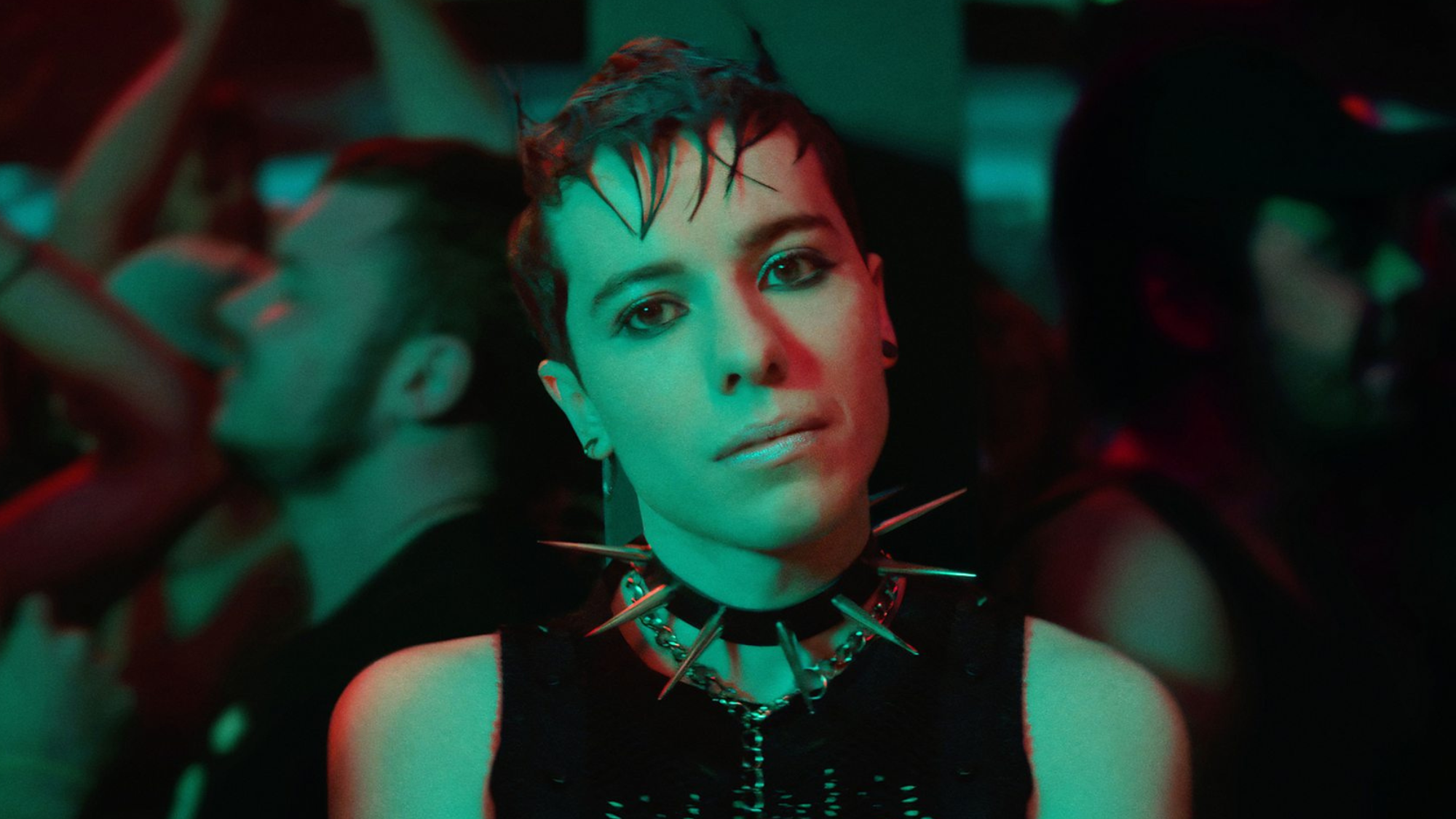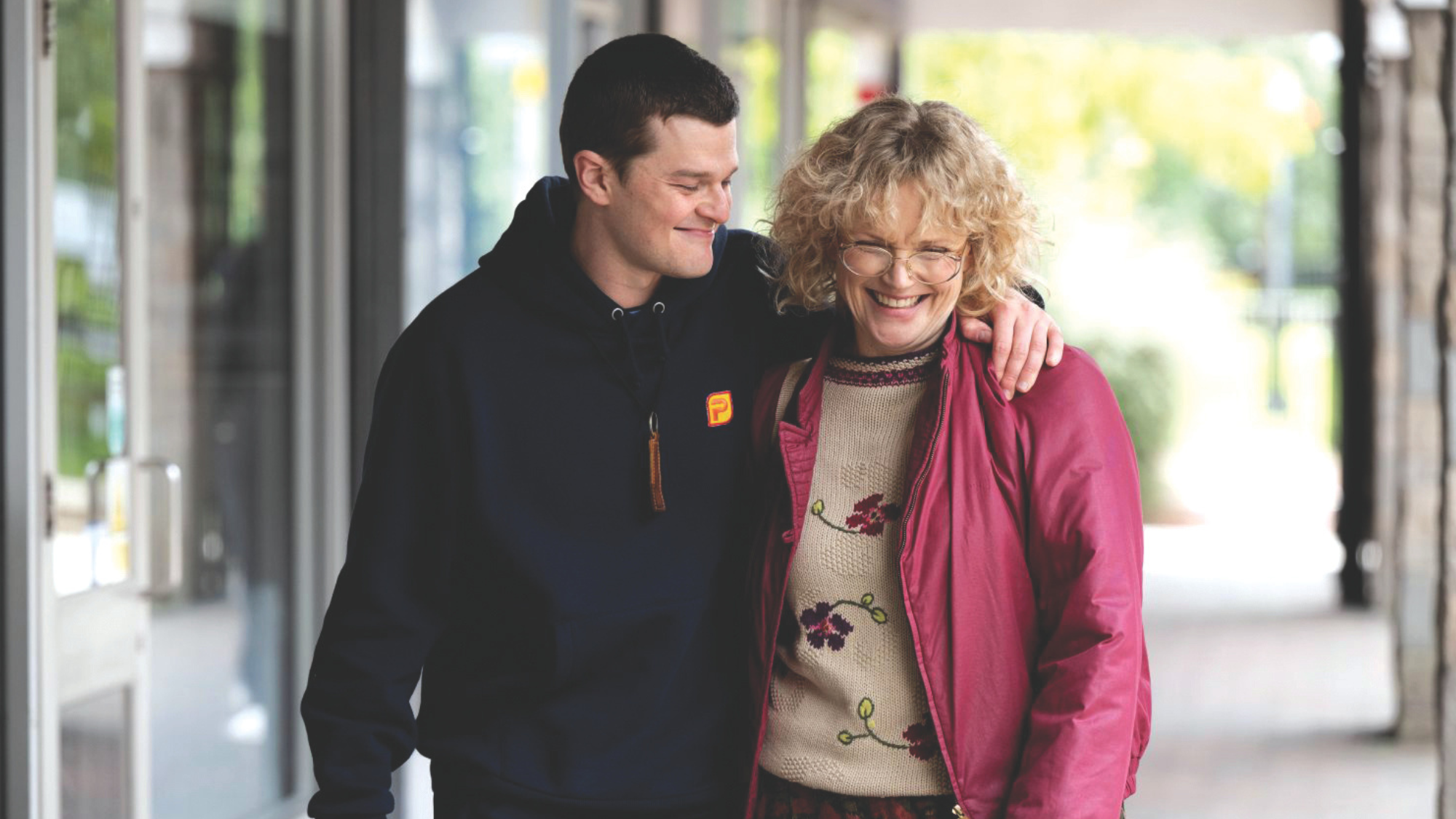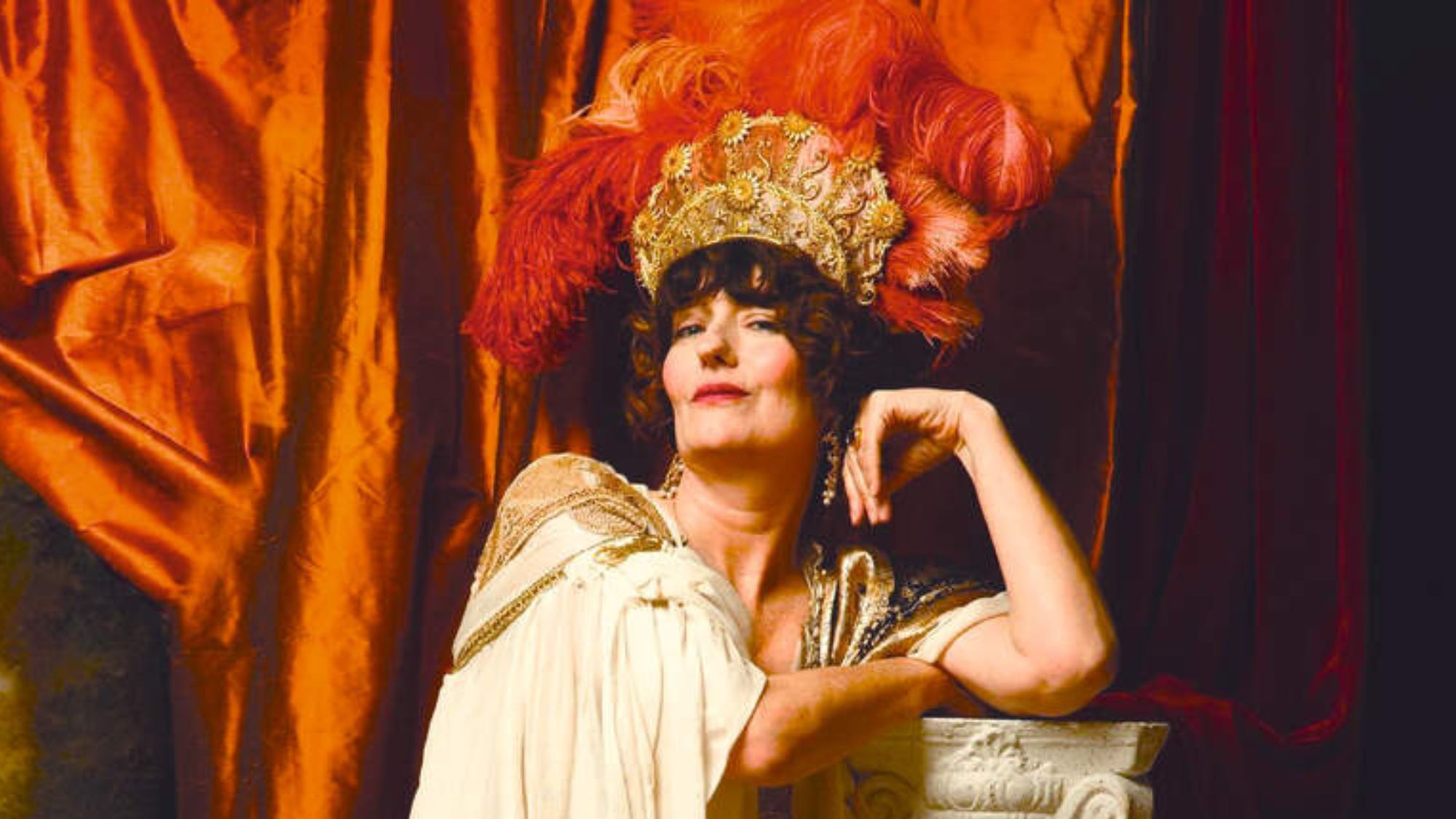What It Feels Like for a Girl: a 'fearless and compelling' coming-of-age drama
Ellis Howard dazzles in this 'sharply written' adaptation of Paris Lees' memoir

A free daily email with the biggest news stories of the day – and the best features from TheWeek.com
You are now subscribed
Your newsletter sign-up was successful
"What It Feels Like for a Girl" is a long way from your "typical female bildungsroman", said Rachel Aroesti in The Guardian. The eight-part series has been adapted for television from Paris Lees' "excellent" memoir recalling her life as a working-class teenager called Byron growing up in a small Nottinghamshire town.
Seen by others as a boy, our protagonist's early gender dysphoria is "angrily dismissed by their macho father", and the idea of one day living openly as a woman feels unfathomable. But Byron's eventual transition isn't what makes this show an "extraordinary and at times deeply disturbing account of a partly misspent youth".
Unlike a typical coming-of-age tale that "moves linearly towards success and validation", morality is presented as something that's "murky and fluid, just like sexuality and gender, and equally in thrall to the fickle whims of the heart", said Nick Hilton in The Independent.
The Week
Escape your echo chamber. Get the facts behind the news, plus analysis from multiple perspectives.

Sign up for The Week's Free Newsletters
From our morning news briefing to a weekly Good News Newsletter, get the best of The Week delivered directly to your inbox.
From our morning news briefing to a weekly Good News Newsletter, get the best of The Week delivered directly to your inbox.
Turning best-selling writers' memoirs into television is nothing new, said India Block in London's The Standard. However, Lees' "wilder-than-fiction youth, filled with underage sex work (that Lees now understands as statutory rape), armed robbery, and a stint in prison before she'd even sat her A-levels" takes things to a new level.
Less than 20 minutes into the show there's a "surreal dream ballet about a teenager sucking off men for crumpled fivers in a public loo": this is "post-watershed TV on steroids". While "What it Feels Like for a Girl" is "definitely not for family viewing", it's certainly a "fearless and compelling" show.
Ellis Howard as Byron is a "star in the making", guarding the teenager's "fragile vulnerability" with a "too-quick mind and a lacerating tongue". And Jake Dunn is terrifying as Liam – the "volatile" criminal who "gently proffers ketamine under Byron's nostril one moment and pulls a knife on him the next".
Arriving on BBC3 weeks after the Supreme Court ruling that the legal definition of a woman is based on biological sex, the show comes at a "critical point in LGBTQ+ history", said Emily Baker in The i Paper. But it doesn't "fall into the trap of educating or being overtly political"; instead, it thoughtfully examines how class intersects with sexuality and gender, while also being an "utter riot".
A free daily email with the biggest news stories of the day – and the best features from TheWeek.com
As a "fogey" seeking "bunion-friendly shoes", I didn't expect to enjoy this coming-of-age tale about a "bullied, working-class teenager" so much, said Carol Midgley in The Times. "But what do you know? The series is very bingeable." It's hilarious, heartbreaking and "sharply written", and I was amazed how quickly I finished all eight episodes.
Irenie Forshaw is the features editor at The Week, covering arts, culture and travel. She began her career in journalism at Leeds University, where she wrote for the student newspaper, The Gryphon, before working at The Guardian and The New Statesman Group. Irenie then became a senior writer at Elite Traveler, where she oversaw The Experts column.
-
 The ‘ravenous’ demand for Cornish minerals
The ‘ravenous’ demand for Cornish mineralsUnder the Radar Growing need for critical minerals to power tech has intensified ‘appetite’ for lithium, which could be a ‘huge boon’ for local economy
-
 Why are election experts taking Trump’s midterm threats seriously?
Why are election experts taking Trump’s midterm threats seriously?IN THE SPOTLIGHT As the president muses about polling place deployments and a centralized electoral system aimed at one-party control, lawmakers are taking this administration at its word
-
 ‘Restaurateurs have become millionaires’
‘Restaurateurs have become millionaires’Instant Opinion Opinion, comment and editorials of the day
-
 The 8 best hospital dramas of all time
The 8 best hospital dramas of all timethe week recommends From wartime period pieces to of-the-moment procedurals, audiences never tire of watching doctors and nurses do their lifesaving thing
-
 I Swear: a ‘warm-hearted’ comedy-drama
I Swear: a ‘warm-hearted’ comedy-dramaThe Week Recommends While ‘inescapably hilarious’, the drama also lifts the lid on John Davidson’s experiences with Tourette syndrome
-
 Playhouse Creatures: 'dream-like' play is 'lively, funny and sharp-witted'
Playhouse Creatures: 'dream-like' play is 'lively, funny and sharp-witted'Anna Chancellor offers a 'glinting performance' alongside a 'strong' supporting cast
-
 CNN boycotting White House Christmas party
CNN boycotting White House Christmas partySpeed Read